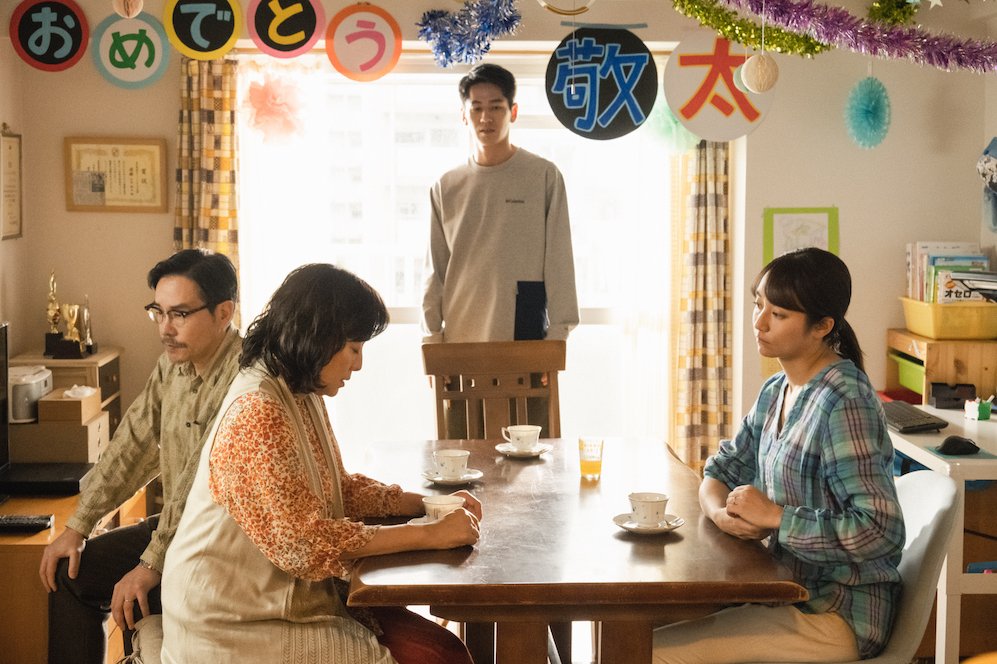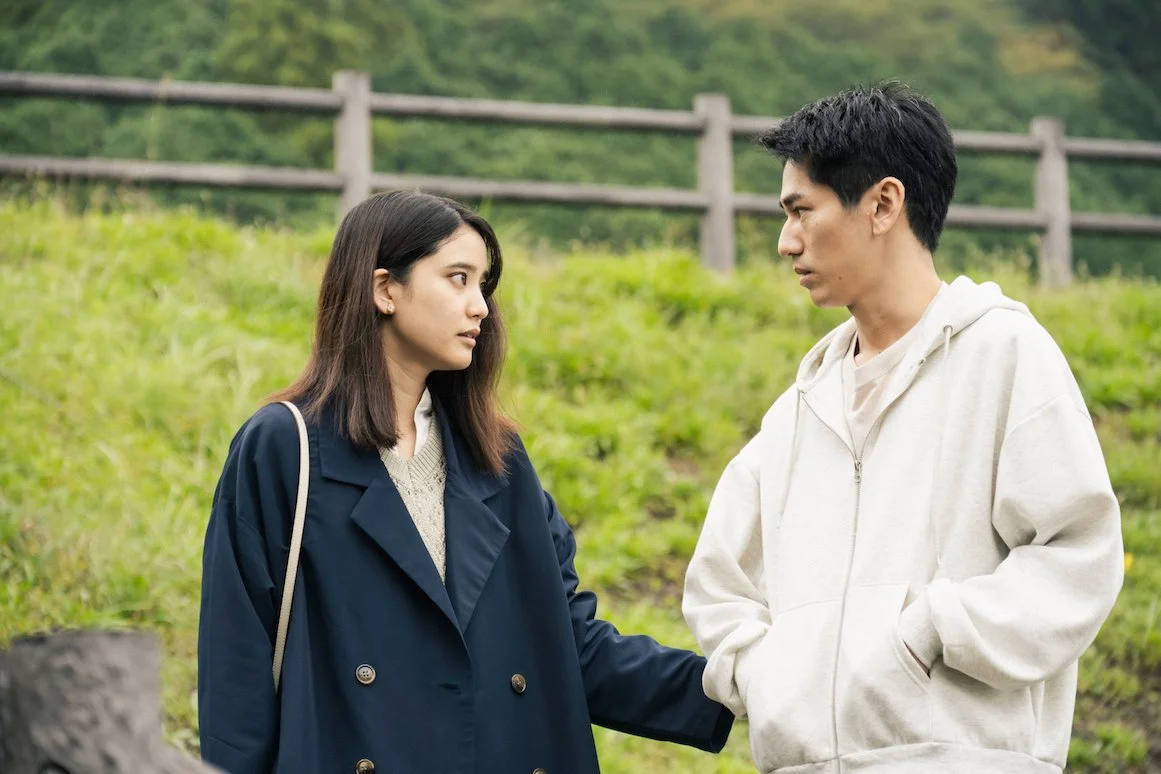‘Life’-Less
Life is certainly not something you’d say Koji Fukada’s Venice-approved family drama had much of.
Love LIfe
Director: Koji Fukada • Writer: Koji Fukada
Starring: Fumino Kimura, Kento Nagayama, Atom Sunada, Hirona Yamazaki, Misuzu Kanno, Tomorowo Taguchi, Tetta Shimada
Japan • 2hrs 3mins
Opens Hong Kong March 23 • I
Grade: C+
For a movie that is, in theory at least, crushingly sad, Koji Fukada’s latest is crushingly unmoving. Ever since he was welcomed into the Un Certain Regard clique at Cannes for Harmonium in 2016, Fukada has been trying to recapture that very modest lightning in a bottle and duplicate its low-level melodrama. It should be noted that film had Tadanobu Asano (Ichi the Killer, Thor) in it, so it’s already got a lot more going for it than Love Life does, reliant as it is on fairly bland leads and an unwillingness to get sticky. That’s not being nitpicky. Love Life is a domestic drama, a family drama about a couple withholding secrets and mourning the loss of a child. It’s kind of urgent that we as viewers connect to the main characters and their various sorrows, traumas and faults. Without that it’s a matter of “Meh.”
The very staid and restrained (which may be part of the problem) story starts on the afternoon of Makoto’s (Tomorowo Taguchi) 70th birthday. He and his wife (Misuzu Kanno) come over to their son’s house for a party. She’s fine, dad looks miserable. Jiro (Kento Nagayama, Shield of Straw) is married to a hussy, Taeko (Fumino Kimura), a divorcee with a son, Keita (Tetsuta Shimada), from that first marriage. Clutch your pearls. Dad’s been unaccepting all along; he wants “real” grandchildren, you know the type, so it looks like problem solved when Keita slips and drowns while Taeko is being a good daughter-in-law.
That’s not spoilery, because it’s the starting point for Fukada’s portrait of a marriage. Thing is, it’s not a very interesting portrait. The usual suspects are all present and accounted for: the gruff, conservative father, the unyielding traditions that marginalise and alienate non-traditional family structures, well-meaning friends who (like many of us) have no idea how to deal with other people’s grief, prejudices and biases, etc and so on and so forth. The first act plays like an after school special detailing how mean olds are, and how much unseen pressure is heaped on Taeko to stiff upper lip it and get back to life. Here’s some screenwriting 101. If you’re not going to tell me anything new, tell it to me in a new way at least.
Things pick up a bit when Taeko’s ex-husband rematerialises. Park (Atom Sunada) is a deaf, unhoused, Korean national in Tokyo so you can well imagine how easy shit is for him. And he’s the spark that could have set Love Life down a more engaging melodramatic path. While Taeko is reconnecting with him in their shared grief and her urge to save someone, anyone, Jiro is off with his ex, Yamazaki (Hirona Yamazaki), under the guise of moving his parents to a new home in the country. Are we poised for a deep dive on Japanese double gender standards when Jiro comes home and find Taeko with Park? Are we in for a cross-strait allegory? No. No we are not.
Love Life may play better on television – it’s a Lifetime movie wrapped in Japanese arthouse fare – where expectations are (sadly) lower and ad breaks give you a chance to shake these dullards off. Seriously, this is up there with anything by Naomi Kawase (Still the Water, Radiance), who makes boring films about nothing, but whose validation by Cannes et al elevates her work to “profound” and “insightful.” It is not profound, it’s a waste of time. So is this, even if it has slightly more focus than Kawase usually does, though it doesn’t come close to the depth of something like Yojira Takita’s Departures or Hiorkazu Koreeda’s Distance in its exploration of grief or trauma.
Adding insult to injury, Fukada doesn’t make any creative demands of cinematographer Hideo Yamamoto, or perhaps Yamamoto doesn’t make any innovative or even stylish decisions on his own. Either way what we’re left with is a respectful, distant slice of these people’s lives, none of whom you give a shit about one way or the other by the end. It’s not that their plights are unworthy or unrealistic, it’s just Fukada the writer does little to tell us anything about them. And with classic Japanese reserve, Kimura and Nagayama don’t show us anything. The only real highlight comes near the end when it turns out Park is a shady bitch, and drags Taeko to a wedding in small town Korea. There, his first, very bitter ex-wife starts a beat down in her hanbok, she DNGAF, until she’s restrained by a guest. More of that would have been a welcome addition. — DEK



